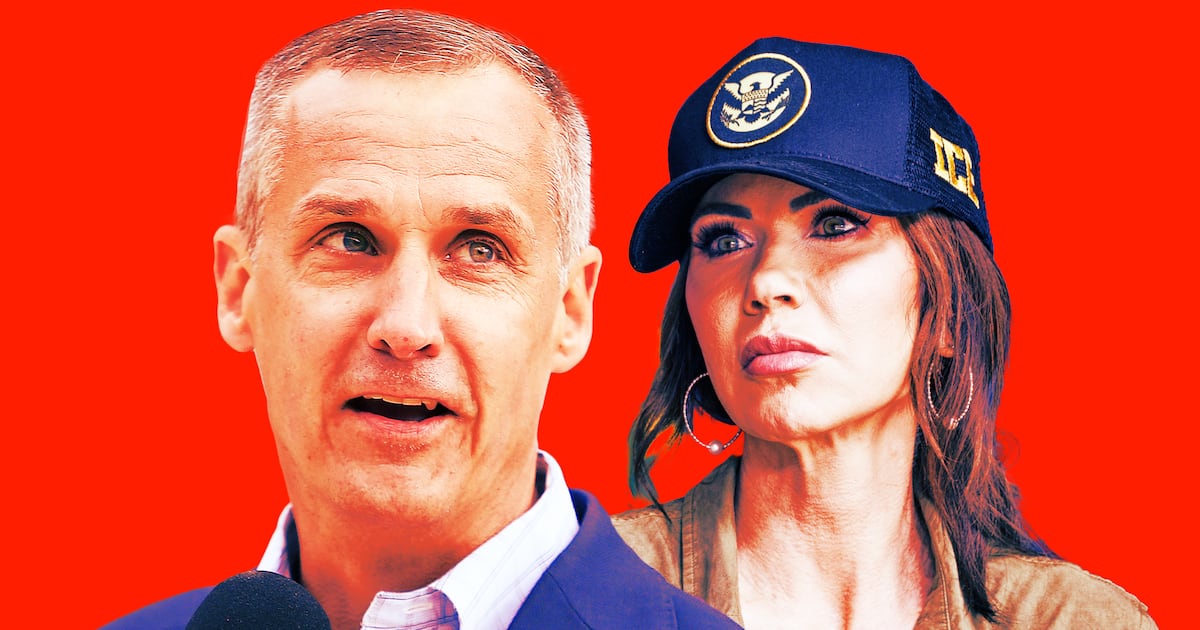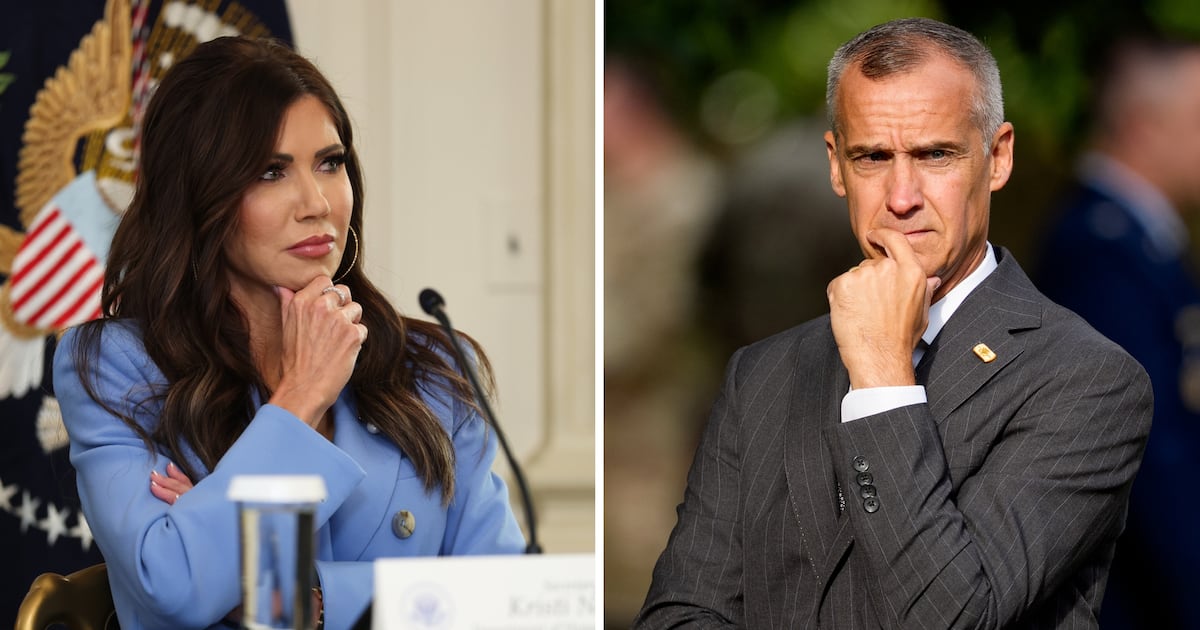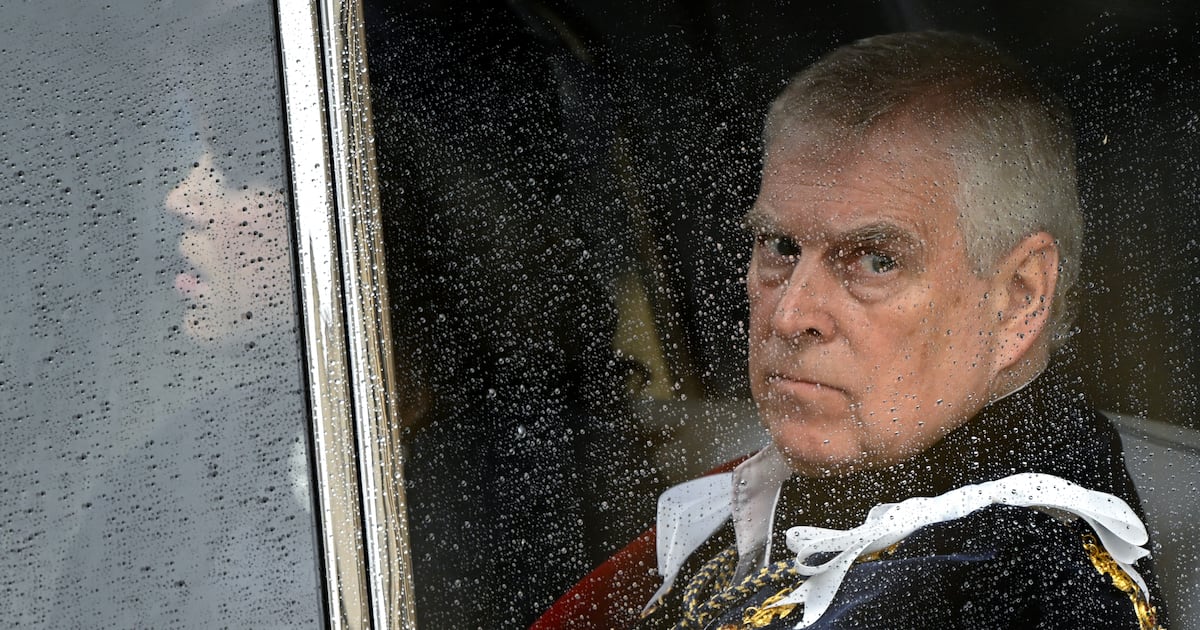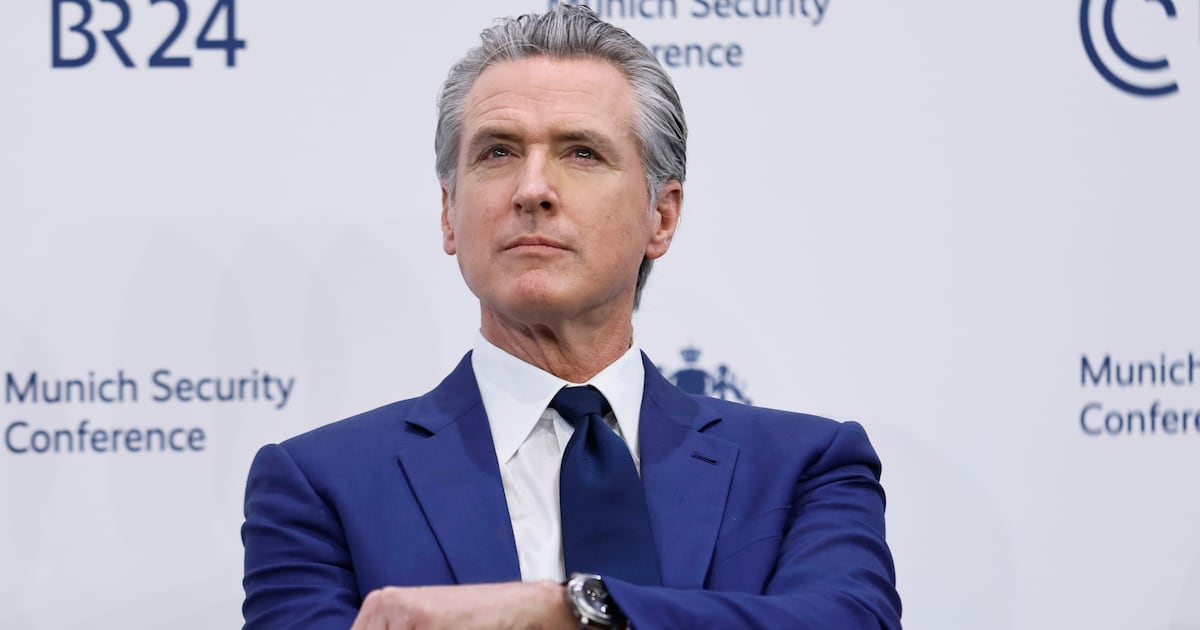You’ve never heard a human sound like the one that emanates from the vibration of 15,000 Beliebers before our boy king. On my second night in a row of attending Justin Bieber’s Believe tour at the Prudential Center in Newark, New Jersey, this past summer, I brought a purse full of extra-strength ibuprofen. The night before, I had learned that the proper way to deal with rabid fans is not to expect to silence us (you can’t) but to figure out how to deal.

This seems to equally be Bieber’s approach. Case-in-point: hardened by four years of being the object of manic, migraine-inducing, eardrum-piercing obsession, he responded to one extra-eager fan’s questionable decision to lob her iPhone at him by cheekily, grossly putting it down his pants in the ball-sweat fiasco heard ‘round the world. To the media and its faux-outrage adherers, it was a cruel act. To the rest of us, it was a teenage boy being a teenage boy: disgusting, reactionary, funny if you’re able to laugh while simultaneously rolling your eyes. This is how one copes.
It was neither the first nor the last time Bieber would be characterized as a petulant, out-of-control little jerk. In the year or two since he’s graduated from beswooped prepubescent to shirtless hormone receptacle, the Stratford, Ontario-born pop star has been linked to his fair share of mini-scandals: did-he-or-didn’t-he spend the night in a brothel; did-he-or-didn’t-he disrespect Canada by meeting the prime minister in a pair of dungarees; did-he-or-didn’t-he spit on fans from a hotel balcony; did-he-or-didn’t-he paint racist, unsanctioned graffiti on a wall in Rio; is-he-or-isn’t-he on the verge of a weed-as-gateway-drug-triggered breakdown. The proper way to deal with a rabid media is not to expect to silence it (you can’t) but to figure out how to deal.
"I mean, more money, more problems," Usher, who has been the 19-year-old’s mentor since signing him to a record deal in 2008, said by way of defense. "The beautiful part about it is that those that are invested in a long term story you understand that there are peaks and valleys in every person's life… Unfortunately the reality is he has to live with a camera in front of him, but what he chooses to do on or off camera is analyzed or scrutinized in some off way."
"I'm young and I make mistakes. That's part of growing up," Bieber himself said earlier this year. "I'm figuring it out. Isn't that what you're supposed to do at 19?"
Platitudes are platitudes. But despite the PR-friendly veneer, the sentiments are difficult to dispute. Bieber is one of the first, and certainly the biggest, mega-celebrities to have existed entirely within the smartphone age; when his first single was released in 2009, the iPhone was already on its third iteration and the pageclick-fueled paparazzi economy had morphed into the beast that it is today.
The fame gaze under which Bieber has lived his most formative years presents a distortion not just of perception but of reality; his can never be a normal life. Every move he makes is magnified by the millions of eyes reading headlines and watching TMZ segments. His mere existence is met alternately with thousands of adoring cheers or thousands of hateful jeers. Paradoxically, it’s like Bieber can get away with anything while getting away with absolutely nothing.
There are few things as discomfiting as watching someone squirm to explain their dislike for a young human they’ve never met, will likely never meet, and whose worst offense is being caught with a bag of weed. In truth, Justin Bieber is just another teenager in drop-crotch pants, for whom obnoxiousness and misbehavior is a means to an end, not the end itself. He just happens to have close to 48 million Twitter followers.
For all his accomplishments, Bieber is ultimately inconsequential; his career will flourish or it won’t. The instinct to direct society’s collective vitriol at a more-or-less harmless teenager is not about him or his antics, but about the fallout of celebrity culture and the myth of capitalism, wherein one’s success is directly tied to one’s worth. The non-Beliebing public doesn’t hate him because he posts too many selfies on Instagram, but because he signifies something far more insidious than the pop culture machine: he is publicly young and rich and otherwise privileged in a time during which growing social and economic inequalities are cleaving the fabric of everything we once believed in.
The Bieber origin story—that if a young boy from a tiny town in Ontario can make it, you can too—was instrumental to his success. It was a feel-good tale that reinforced the ethos of a merit-based free society. In theory, anyway. As we fall deeper and deeper into collective despair, the capitalism-steeped hard work-can-pay-off approach is increasingly less believable. It’s easier, and maybe more enjoyable, to hate something you can see but can’t touch. This is how one copes. Related: Kim Kardashian.
The tabloid-driven focus on whether or not, for instance, Bieber was justified to fire back at an aggressive London paparazzo has conveniently dwarfed his musical output and the fact that he is a source of joy and inspiration to his millions of fans.
The current narrative being shilled by Bieber and his team is intended to counter the media’s negative messaging by emphasizing his musicality. In the newly released documentary Believe, director Jon Chu orchestrates a Beyoncé-like attempt to convince the world of Bieber’s humanity and of the unreasonableness of expecting infallibility from a young pop star. And in case you thought he was just another record label-manufactured puppet, the film zooms in on his purportedly growing role as songwriter, musician, and controller of his own career.
Journals, a collection of new and newish songs released this week to coincide with the movie, gives a clearer picture of the direction Bieber intends to pursue next. It’s his best work yet, an exploration of hip hop as today’s dominant youth culture. Collaborations with Chance the Rapper, Future, and R. Kelly feature trendy rap aesthetics, impressive vocal range, and more explicitly sexual themes, offering a take on contemporary R&B that is relatively edgy for a formerly squeaky-clean pop star. Risks have been taken and they’ll likely pay off.On the eve of Journals’ release, I met Bieber at a Yeezus tour party in Toronto, where the DJ played a bunch of his latest songs. He himself—smaller, sweeter, and more fragile-looking than his recent shirtless selfies suggest—bopped around cheerfully and politely, like the adult he promises he will one day grow to be.






